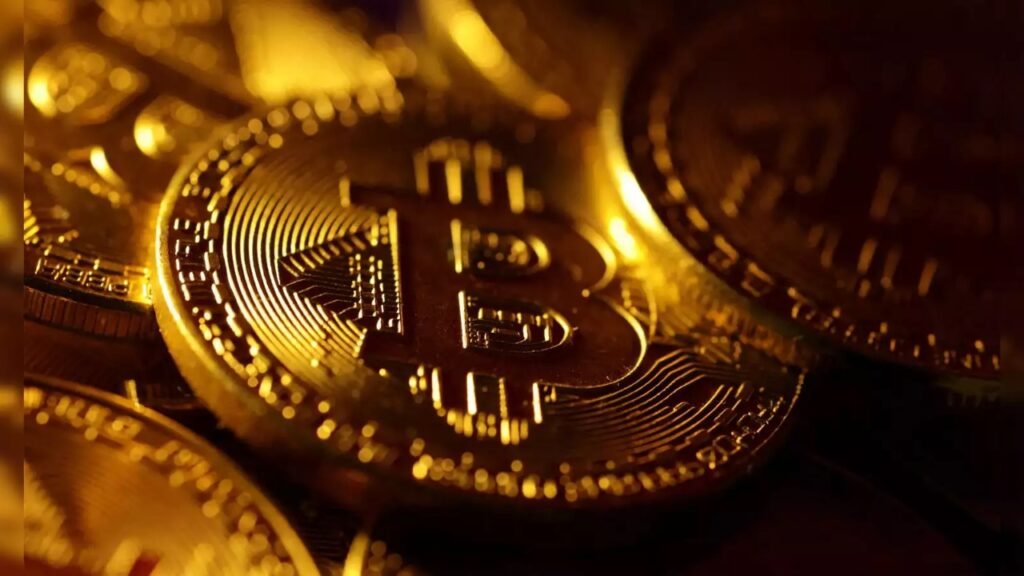In a remarkable feat, India has emerged as the leader in global crypto adoption for the second consecutive year, despite the country’s tough regulatory environment and high taxes. According to a report by blockchain analytics firm Chainalysis, India has maintained its top position in the global crypto adoption index, with a significant increase in the use of centralized exchanges and decentralized finance (DeFi) assets between June 2023 and July 2024.
Regulatory Hurdles
India’s regulatory framework has been particularly challenging, with the Financial Intelligence Unit (FIU) issuing show-cause notices to nine offshore cryptocurrency exchanges in December 2023 for failing to comply with local regulations [5]. However, recent developments indicate a slight easing of these restrictions. For instance, Binance, the world’s largest crypto exchange, registered with the FIU in June and subsequently faced a fine of 188.2 million rupees (approximately $2.25 million) as part of its efforts to resume operations in India.
The report highlights that seven of the top twenty countries in Chainalysis’ global adoption index are in Central and South Asia, including Indonesia, Vietnam, and the Philippines.
The launch of Bitcoin exchange-traded funds (ETFs) in the United States has also influenced global cryptocurrency activity, triggering a significant increase in Bitcoin transactions across various regions, particularly in North America and Western Europe [5]. Additionally, the report highlights a notable increase in DeFi activity in regions such as Sub-Saharan Africa, Latin America, and Eastern Europe, contributing to a rise in altcoin transactions.
High Taxes
In addition to regulatory hurdles, India’s high taxes on cryptocurrency transactions have also posed a significant challenge to the industry. Despite these challenges, India’s crypto adoption has continued to grow, with a significant increase in decentralized transactions under $10,000.
Global Crypto Adoption Index
The report by Chainalysis tracks adoption across four sub-categories in 151 countries. Notably, seven of the top 20 countries in the global adoption index were from Central and South Asia, including Indonesia, Vietnam, and the Philippines.
Decentralized Transactions
Countries with lower purchasing power saw significant decentralized transactions under $10,000. In Indonesia, where cryptocurrencies are banned as a payment method but allowed for investment, digital asset trading reached $157.1 Bn in inflows over the year ending in July.
Future of Crypto Adoption in India
The future of crypto adoption in India looks promising, with the Finance Ministry’s Financial Intelligence Unit (FIU) set to hear the petitions of seven offshore crypto platforms seeking to restart operations in India [2]. Exchanges such as Bitfinex, MEXC Global, Kraken, Huobi, Gate.io, Bittrex, and Bitstamp will present their cases later this week. These platforms were previously banned for violating the Prevention of Money Laundering Act (PMLA) but could resume operations after settling an estimated INR 2,900 Cr in pending GST.
Conclusion
India’s leadership in global crypto adoption is a testament to the country’s growing interest in cryptocurrencies, despite the regulatory hurdles and high taxes. As the industry continues to evolve, it will be interesting to see how India’s crypto adoption landscape changes in the coming years.


